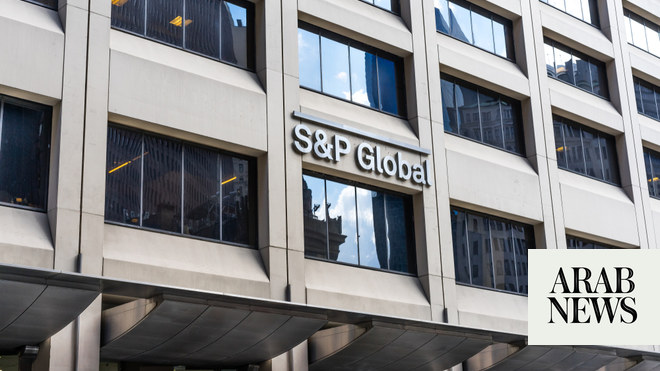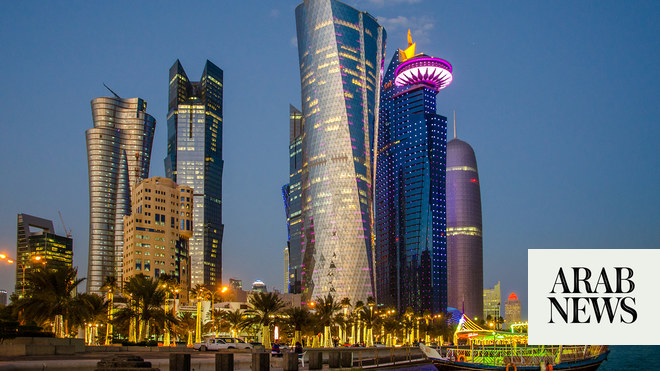
Businesses upbeat on long-term expansion plan amid rise in employment numbers
RIYADH: The economic diversification efforts in Saudi Arabia aimed at strengthening the non-oil private sector continued its momentum in July as the Kingdom’s Purchasing Managers’ Index hit 57.7, a business tracker revealed.
The latest Riyad Bank Saudi Arabia PMI report, compiled by S&P Global, noted that the activities in the manufacturing and construction sectors drove the growth of the non-oil sector in the Kingdom last month.
Strengthening the non-oil sector has been a crucial agenda of Saudi Arabia’s Vision 2030, given the Kingdom’s ambitious drive to veer away from oil dependence.
The report, however, noted that the July index was lower than the previous month when the Kingdom secured a PMI of 59.6.
According to the index, any PMI readings above the 50-mark show non-oil private sector growth, while those below 50 signal contraction.
The PMI report added that new order growth did lose momentum in July, as interest rate rises globally had an impact in Saudi Arabia.
HIGHLIGHTS
Supplier performance continues to improve at a robust pace.
Input cost inflation was only modest in July and eased to its lowest for nine months.
In terms of prices, inflationary pressures eased from June, with cost burdens rising at the softest pace since October 2022.
“The effects from tighter monetary conditions have started to be mildly felt across the Kingdom’s private sector in July after a strong first-half performance,” said Naif Al-Ghaith, chief economist at Riyad Bank.
He added: “To some extent, the slowdown in business activity was expected and owed to business cycle dynamics and ongoing market repricing adjustments.”
The PMI report further pointed out that survey respondents were upbeat on long-term business expansion plans and subsequent efforts to boost operating capacity in July. This optimism resulted in a rise in employment numbers for the 16th month in a row, although the pace of hiring was the weakest since November 2022.
“Future business sentiment remained robust in July, which typically reflects confidence regarding the domestic economic outlook and an anticipated rise in customer demand,” said Al-Ghaith.
The report said that supplier performance continued to improve at a robust pace. Most survey respondents noted successful negotiations to improve delivery times, partly linked to advance payments and local sourcing of suppliers.
According to the report, input cost inflation was only modest in July and eased to its lowest for nine months, resulting in softer increases in purchasing prices and staff wages.
“In terms of prices, inflationary pressures eased from June, with cost burdens rising at the softest pace since October 2022. This, combined with increased competition, resulted in a reduction in output charges for the first time in nearly two-and-a-half years,” Al-Ghaith added.












